With warm weather ongoing and Labor Day still weeks away, you might not be thinking about incoming fall yet – but your local bears are.
Wildlife officials in Montana have issued a warning to campers and hikers to expect increased bear activity now through November as the state’s bruins ready themselves for winter torpor.
The announcement, detailed in the Great Falls Tribune, comes days after a bear attacked a three-year-old child in a tent when food was left unsupervised at a campsite.
Bears across North America start fattening up for winter – a process known as hyperphagia – as early as mid-August.
Colorado Parks and Wildlife explains that this feeding frenzy sees bears spending up to 20 hours a day trying to eat more than 20,000 calories to gain as much weight as possible before their main food sources are buried in snow and they enter a state of rest.
This time period typically sees the biggest increase in human-bear conflicts, with bears active for longer periods throughout the day and conditions ideal for hiking and camping.
The problem is intensified by habituation, which is when bears start to associate humans with food and lose their fear.
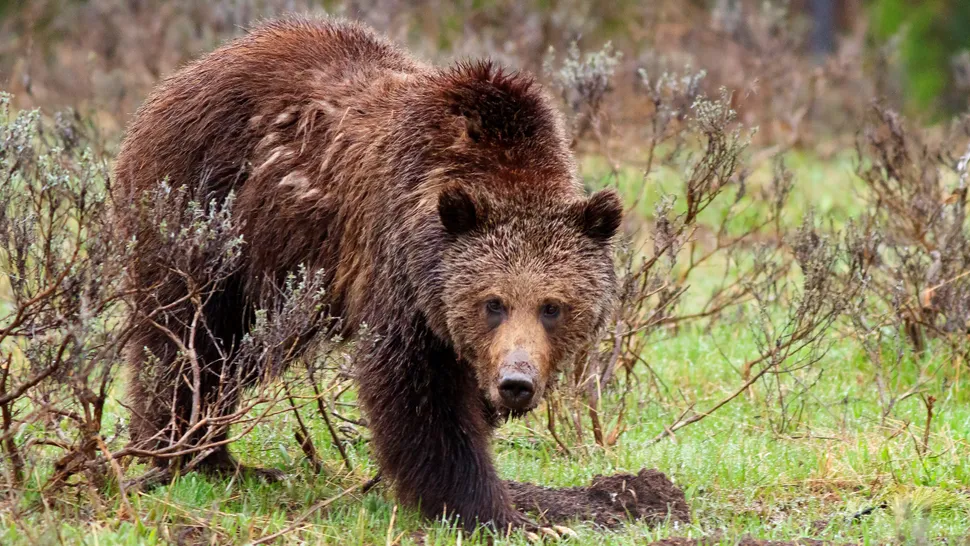
Staying safe in bear country
If you’re recreating or residing in bear country, now is a good time for a refresher in bear safety – use the following advice to avoid unwanted encounters this fall:
- Stay diligent when hiking and camping in bear country.
- Know what to do if you meet a bear.
- Secure all food when camping in bear lockers or bring your own bear canister.
- If you are backpacking in bear country, know how to hang a bear bag.
- Never leave food or trash unattended in your campsite, and never keep food inside your tent.
- Do not feed bears.
This article by Julia Clarke was first published by Advnture on 16 August 2024. Lead Image: Wildlife officials warn hikers and campers as bear activity increases (Image credit: Getty).
What you can do
Help to save wildlife by donating as little as $1 – It only takes a minute.
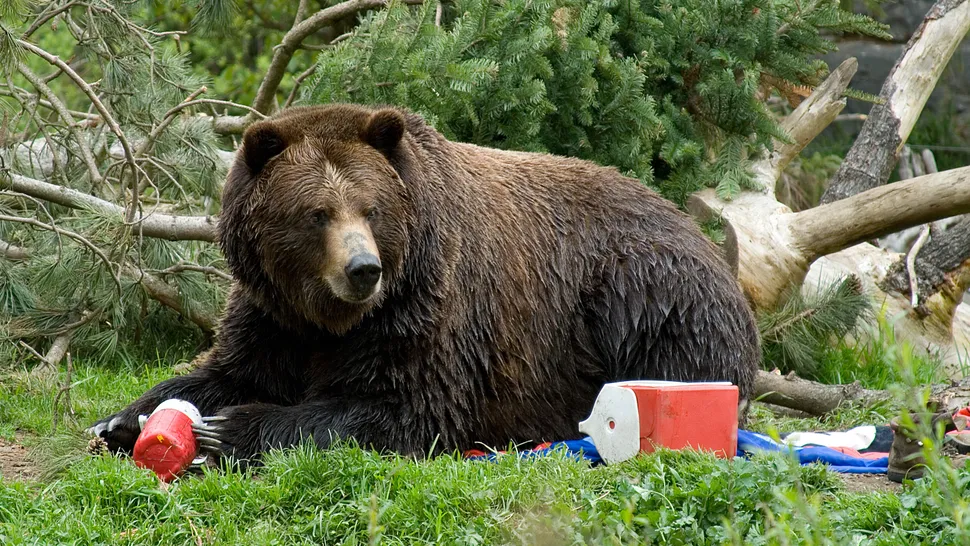
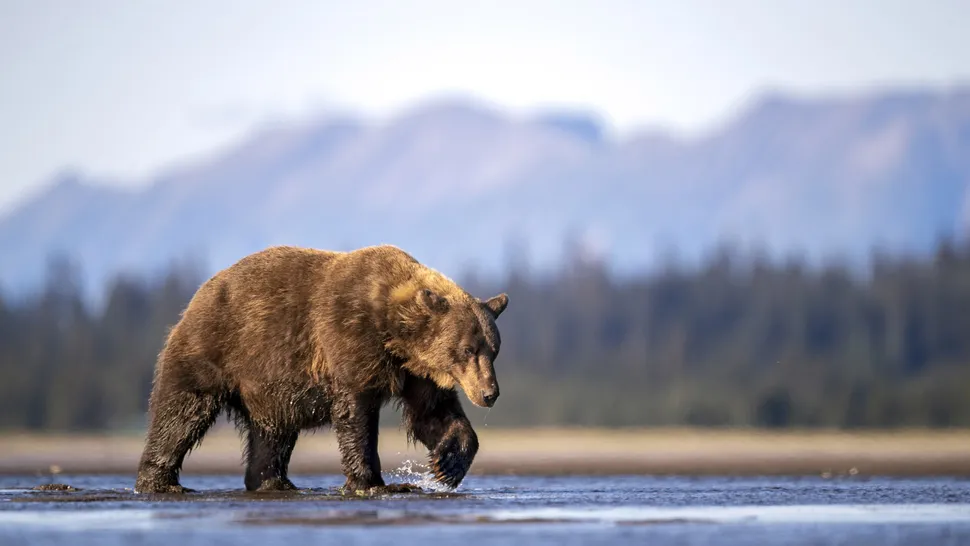
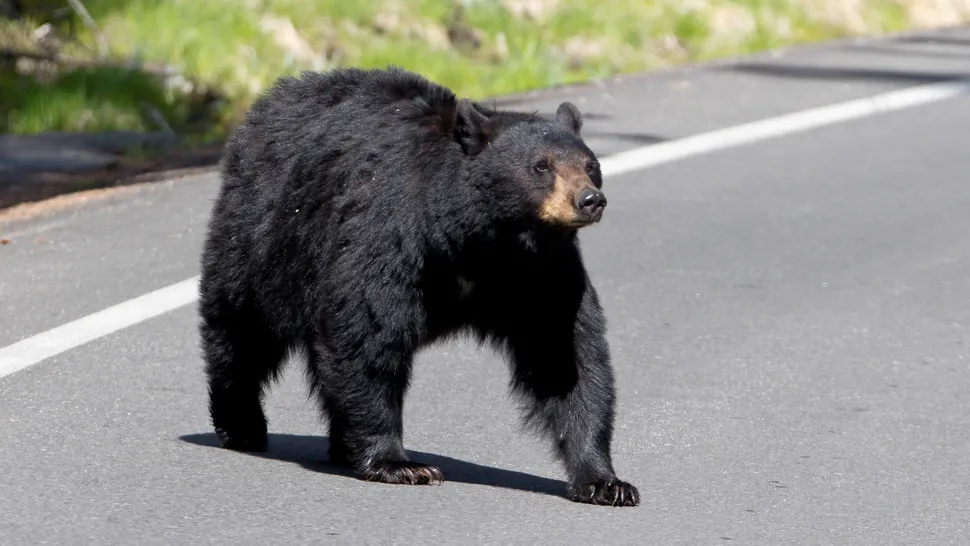
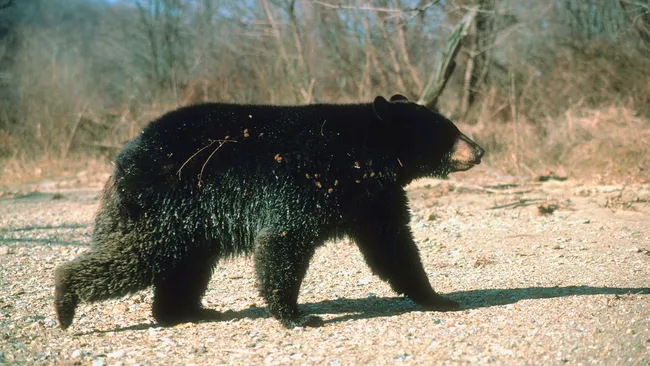
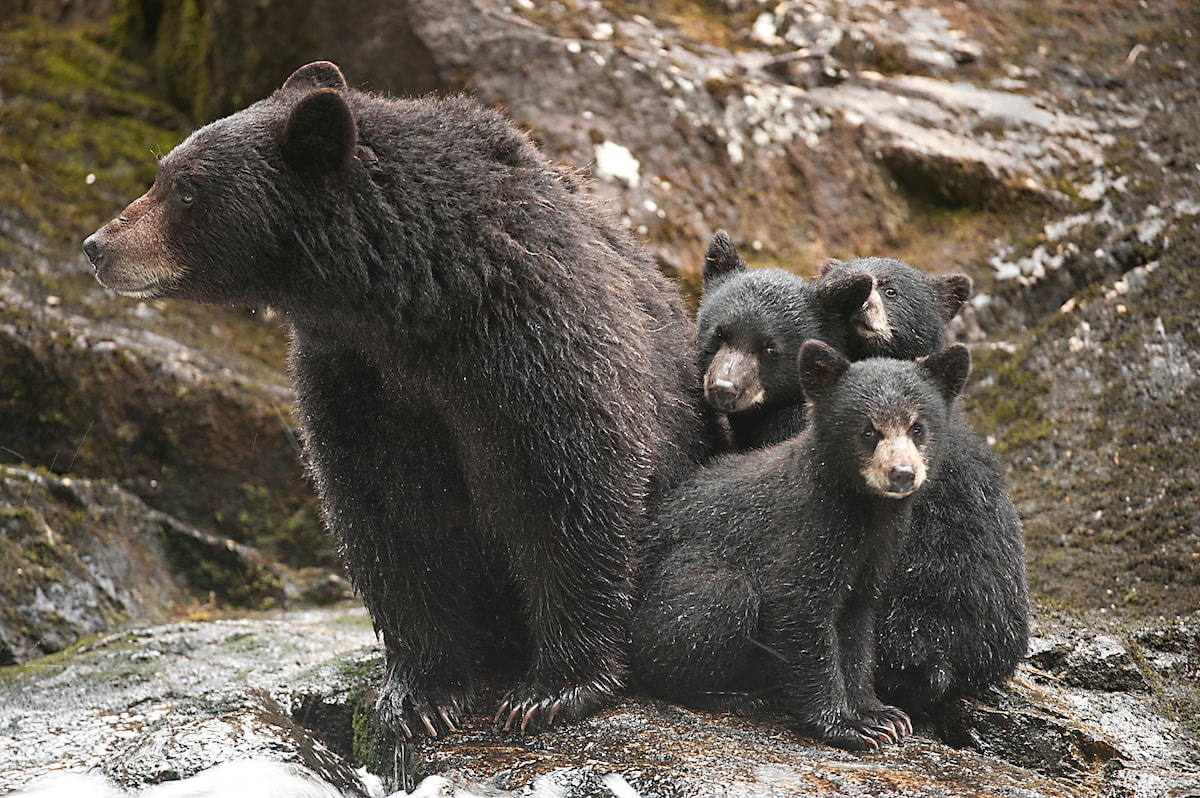


Leave a Reply